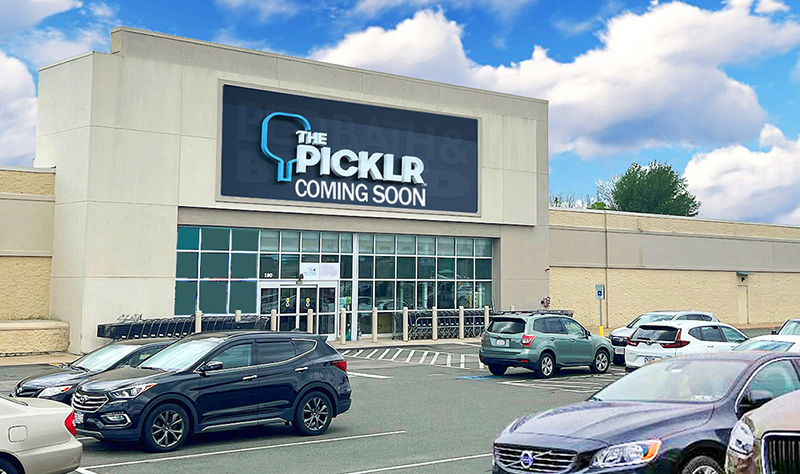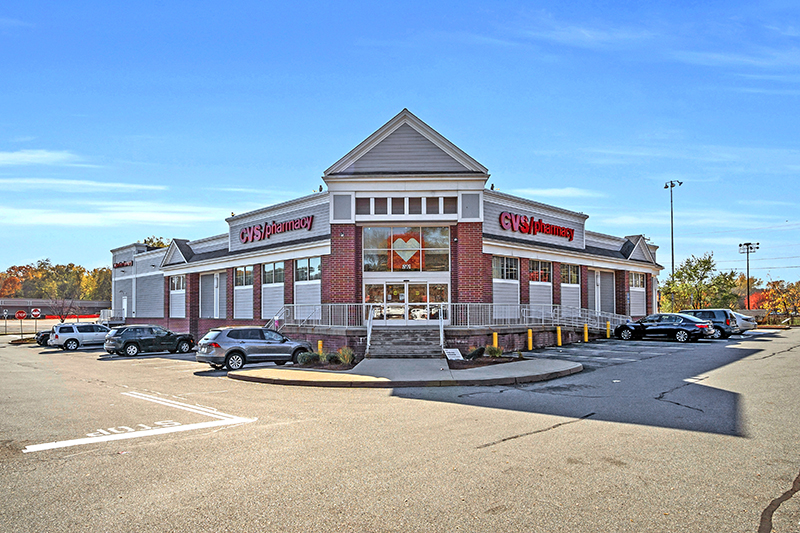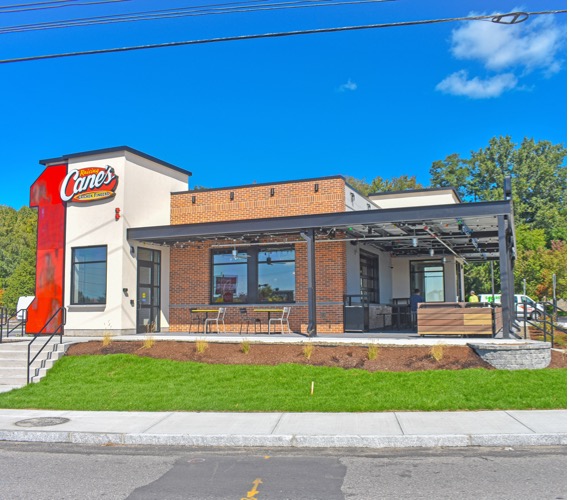News: Retail
Posted: August 25, 2010
Callahan, Inc. positions itself well in the current economy due to its diverse clientele and experience
Webster defines the term retail as "selling items in small quantities directly to consumers." The current retail construction trend is disturbingly similar to that definition, with new retail projects coming out in small quantities due to a lack of consumers!
The downturn of the economy in the last three years began with the popping of the housing and credit bubbles. This immediate deflation of consumer confidence and discretionary spending affected retail sales in a drastic, negative manner. The credit bubble not only affected single family homeowners, but commercial properties as well, where overextended retailers and property owners were unable to service debt due to a decrease in sales. Declining property values created a cash crunch, with most mortgage debts much higher than underlying property worth. The result was a giant increase in commercial mortgage delinquencies and foreclosures, and an extremely high vacancy rate in retail centers.
So what has this meant for retail construction in New England? Most certainly, a lack of new, ground-up retail centers. With national commercial lending decidedly hesitant on funding or refinancing of deals, many developers have leaned on local and regional banks for loans. These loans often require a higher percentage of signed leases in hand prior to starting construction. This has led to constricting project sizes or significant delays to new construction.
However, not all retailers have felt the depression as badly as others. Large, big box retailers like Walmart and Target continue to build. Many of these centers now include grocery and pharmacy components. Discount chains and dollar stores are also expanding their presence, for obvious reasons directly related to the economic health of the region. Chains that capture business from typically upscale retailers continue to thrive and expand.
New construction growth has also been seen in the pet industry, maternity and childhood retailers, fitness centers, auto parts stores, and pharmacies. Consumers obviously are not limiting their spending habits in these areas of their lives, and the result has been expansion in these sectors.
Retail centers that feature grocery anchored tenants have traditionally done well in economic downturns. More shoppers concerned about the cost of food and eating out generates an increase in business for grocery stores and the retailers that are found in the immediate vicinity. This trend has continued in the last few years, with grocery center developers being one of the few sectors that have expanded recently.
The recession has also opened up numerous renovation projects. Tenants with the financial ability to weather the storm have had strong leverage in renegotiating lease terms. As asking and effective rental rates decline, tenants with current terms have often been able to renegotiate better rates, lease extensions, or property improvements. Renovations often include new storefronts, improvements on HVAC systems and bathrooms, and upgrades to lighting fixtures and controls.
Callahan, Inc. has been able to position itself well in the last few years due to our diverse clientele and range of experience across multiple construction sectors. Our practical knowledge in the retail industry has been able to offer numerous clients the pre-construction and value engineering skills that enable them to confidently build the most efficient, cost-effective projects possible. In-house civil engineering and architectural services have led to many design-build opportunities. Where Callahan, Inc. is brought in after design members are on board, our team offers design reviews and advice to further aid the owner in making the most effective choices possible.
We continue to be industry leaders in multi-family housing, elder care, office, healthcare, educational and laboratory construction. Our teams of experts are experienced in all methods of construction and on anything from renovations to ground-up developments. We welcome your questions and want to team with you to complete any projects you have in New England or on the east coast.
Douglas Morrison is project executive at Callahan Construction, Inc., Bridgewater, Mass.
Tags:
Retail
MORE FROM Retail
Mace of KeyPoint Partners negotiates 36,192 s/f lease for The Picklr at Endicott Square
Danvers, MA KeyPoint Partners (KPP) negotiated a lease with the nation’s premier indoor pickleball venue The Picklr at Endicott Sq. Vice president of retail brokerage Don Mace negotiated the transaction on behalf of the landlord.




.jpg)



